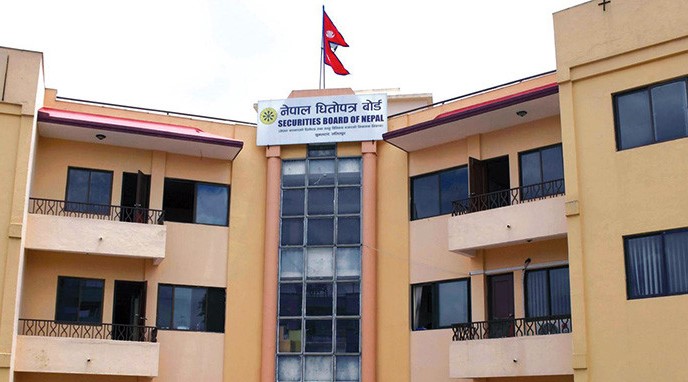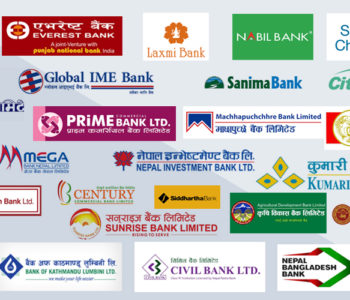Broker companies face merger pressure after license surge

KATHMANDU: Nepal’s government and regulatory bodies have long followed a pattern of issuing licenses to increase the number of companies in similar business sectors, only to later push them toward mergers—a practice critics allege is driven by economic gain. While this trend was previously evident in the insurance sector, it has now shifted to stock broker companies, raising concerns about regulatory priorities and market sustainability.
From Licenses to Mergers: A Familiar Cycle
Historically, regulators like the Nepal Securities Board (SEBON) have issued licenses during open windows, often accused of favoring private players who secure them through financial incentives. Rather than focusing on expanding business scope through new technology or infrastructure, the emphasis remains on multiplying companies in the same field. This approach has drawn scrutiny, especially as technological advancements shrink the operational space for stock brokers and similar institutions.
With clients now opening broker accounts, trading shares, and making payments directly online, the need for broker office staff has dwindled. Despite this, SEBON granted licenses to several new broker companies just 18 months ago, following criticism of a “syndicate” of 50 existing firms dominating Nepal’s capital market. Since then, 40 new broker companies have emerged, bringing the total to 90. However, many of these newcomers are struggling, with businesses either faltering or operating at a loss despite meeting the minimum paid-up capital of NPR 200 million.
Merger Pressure Mounts
Two and a half years after the license spree began, SEBON is now nudging broker companies toward mergers. The board recently finalized and approved a directive outlining the merger process, setting the stage for consolidation. Companies must maintain a minimum paid-up capital of NPR 200 million by the end of the fiscal year (mid-July 2025). Of the 90 active stock broker firms, 38—mostly older players—have yet to meet this threshold, while all 40 newer firms have complied.
SEBON had instructed broker companies to submit capital-raising plans by the end of December 2024. Responses varied, with some opting for bonus shares, others for rights issues, and several expressing willingness to merge. “Certain companies have committed to mergers as part of their plans to meet the capital requirement,” said SEBON spokesperson Niranjan Ghimire. “With the directive now public, they can proceed under its provisions.”
The directive details procedural steps, including submitting applications and required documents to SEBON. However, mergers require approval from the general assemblies of both merging companies, a process that could delay implementation.
Time Crunch and Industry Pushback
Stock Brokers Association of Nepal President Sagar Dhakal called the mid-July 2025 deadline unrealistic. “Jumping from NPR 20 million to NPR 200 million—a tenfold increase—in such a short time is challenging. We’re not against raising capital, but the timeline needs extension,” he said. Citing the four-year window given to banks to quadruple their capital, Dhakal urged SEBON to push the deadline to mid-July 2027.
Dhakal noted that stagnant business growth is forcing some firms toward mergers. “The directive is fresh, and completing a merger within three months isn’t feasible,” he added. The process, requiring general assembly decisions, could extend beyond the current deadline, leaving companies in a bind.
A Tale of Two Tiers
The industry now faces a paradox: newer firms with NPR 200 million in capital lack robust business, while older firms with established operations fall short of the capital requirement. “Mergers could be a win-win—pairing new capital with old expertise,” Dhakal suggested. However, without regulatory focus on innovation, the sector’s long-term viability remains in question.
Brokers’ Revenue Model
Broker companies rely heavily on commissions from share trading, ranging from 0.24% to 0.36% based on transaction size—20% of which goes to the Nepal Stock Exchange (NEPSE). With trading increasingly shifting online, commission-based income is under pressure, further straining smaller firms.
What Lies Ahead?
As SEBON balances its merger push with industry demands for more time, Nepal’s capital market stands at a crossroads. Will consolidation strengthen the sector, or does the license-to-merger cycle signal deeper regulatory flaws? For now, broker companies face a race against time—and technology—to survive.












Facebook Comment